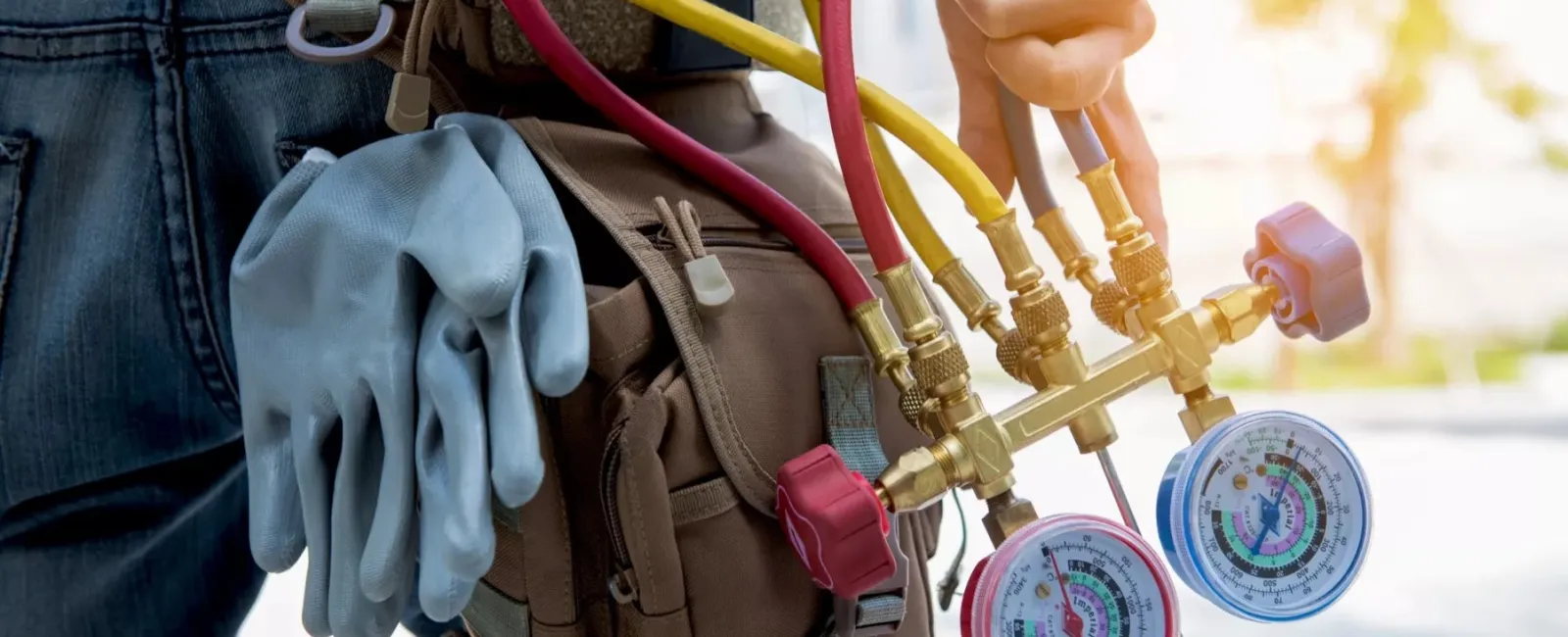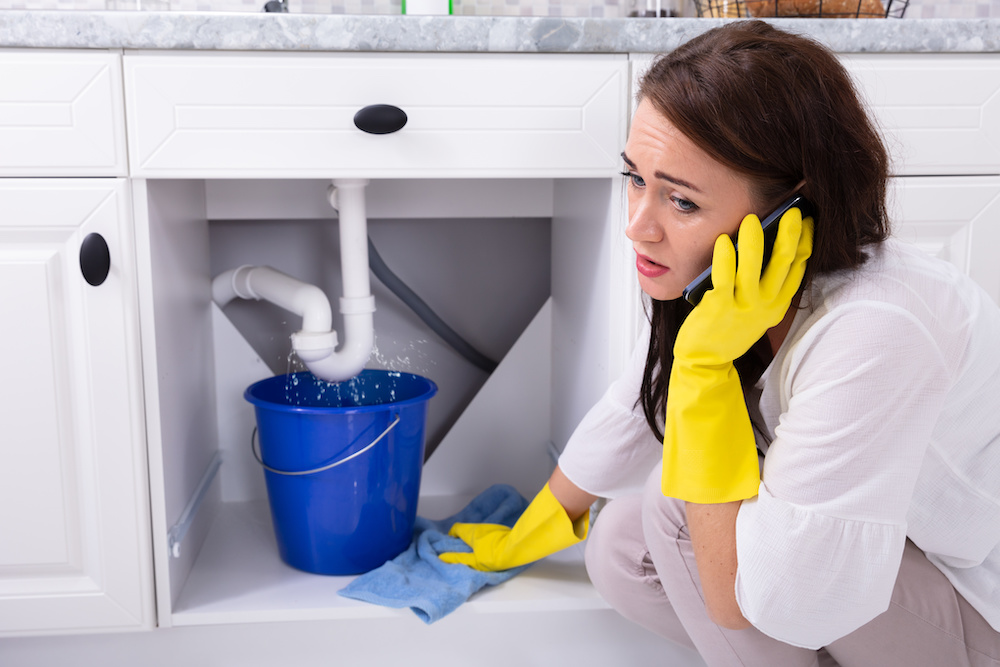Temporary Tips for Critical Situations: Steps to Follow Until Help Arrives
Temporary Tips for Critical Situations: Steps to Follow Until Help Arrives
Blog Article
Just how do you feel in regards to Expert Tips for Managing a Plumbing Emergency Until Help Arrives?

Pipes emergency situations can strike any time, creating stress and anxiety and possible damages to your home. Whether it's a ruptured pipeline, a stopped up drainpipe, or a leaking tap, understanding exactly how to manage the situation until a professional plumber gets here can conserve you from additional difficulties. This article gives crucial emergency situation pipes suggestions to help you mitigate damage and reclaim control throughout a plumbing crisis.
Turn Off the Water
The very first step in any type of plumbing emergency is to shut down the water. For local issues, such as a leaking tap or bathroom, turn off the valve near the component. In the case of a major leakage or ruptured pipe, situate your home's primary water shut-off valve and transform it off quickly. Understanding the location of these shutoffs ahead of time can save valuable time throughout an emergency.
Shut Off Your Hot Water Heater
In specific emergencies, such as a ruptured pipe, it's wise to shut down your water heater. This prevents overheating or damage to the device when water stops moving. Shut off the power supply to the water heater (electrical or gas) and let it cool to prevent potential dangers.
Temporarily Quit a Burst Pipeline
A burst pipeline can cause significant water damages in minutes. To alleviate the issue:
Call an expert plumbing professional right away to address the issue completely.
Have an Emergency Pipes Kit
Prepare a fundamental pipes emergency package to handle minor concerns efficiently. Your package should consist of:
Having these devices on hand can make a considerable distinction in your ability to handle emergency situations.
Unclog Drains Safely.
A stopped up drainpipe can be an aggravating and untidy concern. Here's exactly how to tackle it:.
If these methods don't work, prevent making use of too much pressure, as it may worsen the blockage.
Handle Overflowing Toilets.
An overflowing bathroom can trigger prompt disorder. Below's what you need to do:.
Address Little Leaks with Temporary Fixes.
Small leakages can promptly come to be considerable issues if left unattended. Use these temporary fixes till specialist help gets here:.
While these solutions aren't long-term, they can assist minimize water loss and damages.
Manage Frozen Pipeline Carefully.
In cooler environments, frozen pipelines are a typical emergency. If you suspect an icy pipe:.
Know When to Call an Expert.
While quick fixes can help momentarily, certain pipes problems call for instant professional interest. Call a plumbing if:.
Promptly calling an expert ensures the problem is resolved correctly and stops further issues.
Prevent Additional Damages.
Taking quick action to decrease damage can conserve you money and time in the long run. Right here's how:.
Conclusion.
Plumbing emergency situations can be frustrating, but with the best understanding and devices, you can take care of the situation efficiently up until aid arrives. By turning off the supply of water, attending to tiny leaks, and using short-term repairs, you can lessen damages and maintain your home safe. Remember, these suggestions are short-term options; constantly get in touch with a qualified plumber to take care of the root cause of the problem. Preparation and quick thinking are your best allies in any type of plumbing emergency.
8 Helpful Tips for Managing Plumbing Emergencies at Home
If your plumbing system hasn’t failed once, wait for it because almost everyone has a story to tell. Sometimes, it could be simple emergencies such as a leaking pipe, a blocked cistern, or even a big burst pipe. In situations like this, you need to have some handy tips to save you some money and from possible damages.
Take care of minor issues early.
Sometimes, you could have avoided an emergency by taking proactive measures while it was still early. Some major plumbing emergencies can be a result of an ignored minor issue. We recommend that you have items like plumbing tapes and other related items. A plumbing tape can allow you to manage minor leaks before the plumber arrives.
Cut off the water supply.
This tip is essential in almost any type of leakage problem. For problems like minor leakages in the toilet or kitchen, turn off the supply that takes water to the affected pipes. If the leakage is a major pipe, you must shut off the supply valve to the entire building. This will help you avoid flooding your home and neighbors if you share a flat.
Know your plumbing system
Folks typically move into a new apartment without understanding the water supply around the building. This can prove disastrous if a water emergency arises and the plumber is far away. The previous tip will prove useless if you don’t practice this one. More importantly, know where your water shut-off valve is located – you’ll need that knowledge to prevent potential home floods.
Have some common handy tools
There are lots of plumbing emergencies that you can handle without hiring a plumber. That’s why you must keep some tools available always. Some tools that you can use to fix simple plumbing emergencies easily include plumbing tapes, screwdrivers, thread seal tapes, plungers, pliers, tape measures, and rubber gloves.
Insulate your pipes from cold
You’ll save yourself from many plumbing expenses if you protect your water pipes from the cold. This is because of the harmful effects that cold weather can have on your pipes. During winter, your pipes can burst from being overly expected to freezing temperatures. So, make sure insulators are there to keep the pipes working correctly.
Avoid practices that will clog your toilet.
Many people indulge in practices that can damage the plumbing system of the entire building. One of these is when they use their toilet to dispose-off garbage. They flush all kinds of things, such as paper towels, bandages, hairs, female sanitary products, etc., down the toilet. This will block your toilet in the long run, incurring unnecessary expenditures. Dump such waste in the trash instead.
Check your dials regularly.
Sometimes, there could be leakages in your home without noticing them in time. So, constantly monitor your water meter dial. If the dial is reading when there is nobody using water, this is an indicator that there is leaking. Check for leaks immediately. Call a plumber as soon as possible if you can’t find any.
https://www.constructionplacements.com/8-helpful-tips-for-managing-plumbing-emergencies-at-home/

I was made aware of that article about What to Do During a Plumbing Emergency through a buddy on a different web address. Do you know about someone else who is occupied with the niche? Feel free to promote it. Thank-you for your time invested reading it.
Click Here Report this page